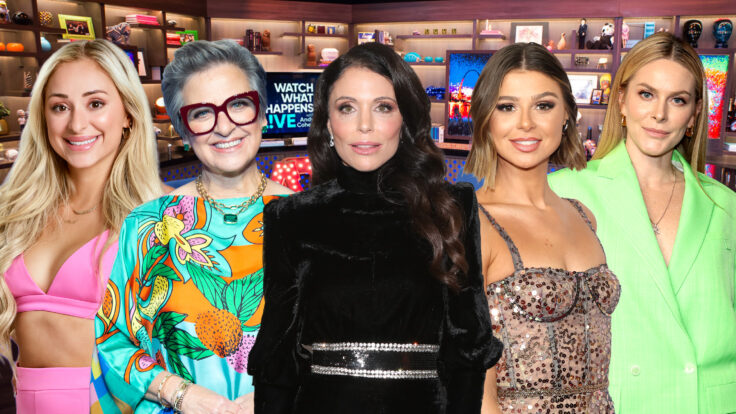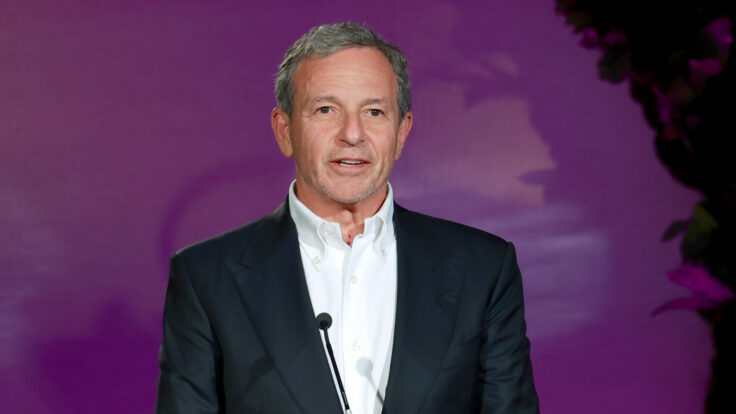“It’s been an off year.” At dinner parties, industry screenings, or at the gym, I’ve been hearing this with alarming frequency. My sister Lisa, who lives in Northern California, bluntly asked on a family chat, “What has happened to movies?!”
Good question. As a voting Academy member, I was stuck early on in finding 10 movies to nominate for the best picture Oscar. I’m not going to tell you how I voted, but I stopped at five—and it wasn’t easy getting there. (One of my picks, the Indian epic RRR, did not make the cut.) When the 10 nominations appeared last week, I found myself longing for the good old days when we were limited to half as many.

















